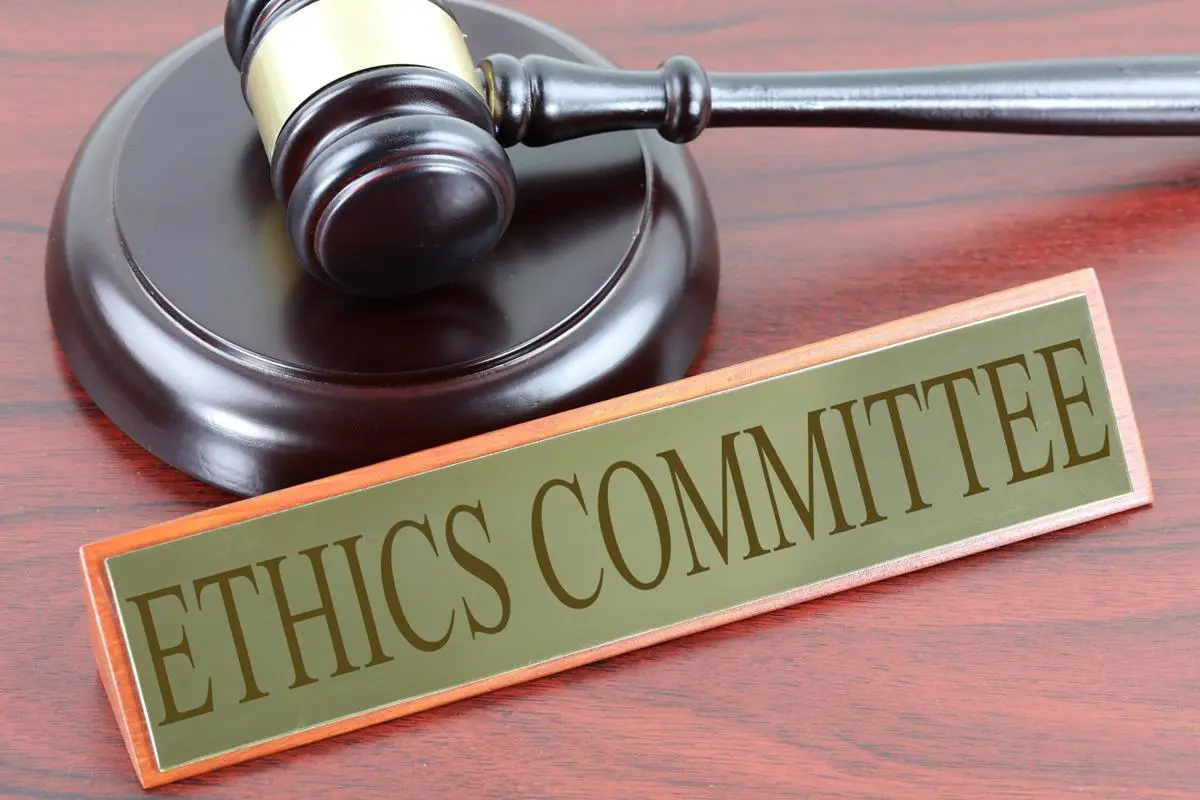
Imagine navigating the intricate maze of research ethics without a guiding light. Ethics committee approval acts as a beacon in the realm of research, guiding scholars through the complex terrain of ethical considerations. But what exactly does it entail? Understanding the nuances and importance of ethics committee approval is pivotal for researchers seeking to ensure the integrity and validity of their work. Read Ethics Committee Registration India
Importance of Ethics Committee Approval
- Obtaining Ethics Committee approval is crucial for ensuring the ethical integrity of research studies. Research integrity and ethical conduct are paramount in any research endeavor, and the Ethics Committee plays a vital role in upholding these standards. By reviewing research proposals, the committee ensures that participant protection and data privacy are given the highest priority.
- When researchers seek Ethics Committee approval, they’re demonstrating their commitment to conducting studies ethically and responsibly. The approval process involves a thorough examination of the research methods, potential risks to participants, and the measures in place to safeguard their rights. This scrutiny is essential for maintaining the credibility and trustworthiness of the research findings.
- Furthermore, Ethics Committee approval serves to protect the rights and well-being of participants involved in the study. It ensures that their data is handled confidentially and that their privacy is respected throughout the research process. Without this approval, researchers risk compromising the ethical standards of their study and undermining the validity of their results.
Read Ethics Committee Registration
Process of Obtaining Approval
- The rigorous scrutiny conducted by the Ethics Committee ensures that research studies uphold ethical standards, including the process of obtaining approval. The approval process typically begins with the submission of a detailed application outlining the research project’s objectives, methodology, potential risks to participants, and the measures in place to protect their rights. Application requirements often include the researcher’s qualifications, informed consent forms, data management plans, and any potential conflicts of interest.
- Once the application is submitted, the Ethics Committee carefully reviews it to assess the study’s ethical implications. This review process aims to determine if the research meets the necessary ethical standards and if the benefits outweigh any potential risks to participants. The committee may request modifications to the study design or additional information before granting approval. Researchers must address these requests promptly to expedite the approval process. Overall, the Ethics Committee’s thorough evaluation during the approval process ensures that research adheres to ethical guidelines and safeguards the well-being of participants.

Key Criteria for Evaluation
- When evaluating research studies for ethics committee approval, it’s crucial to consider key criteria that assess the study’s adherence to ethical standards and protection of participants. The evaluation criteria play a fundamental role in ensuring that research involving human subjects is conducted ethically and responsibly.
- One key criterion is informed consent, which requires that participants are fully informed about the study’s purpose, procedures, risks, and benefits before agreeing to participate. Additionally, researchers must demonstrate that the potential benefits of the study outweigh any potential risks to participants.
- Confidentiality and data protection are also essential criteria, as researchers must ensure that participants’ personal information is kept secure and anonymized to prevent unauthorized access. Moreover, the research methodology must be scientifically sound and capable of answering the research questions without exposing participants to unnecessary harm.
Role of Ethics Committees
How do ethics committees contribute to ensuring research studies meet ethical standards and protect participants’ rights?
- Ethics committees play a crucial role in research oversight by evaluating the ethical implications of proposed studies. These committees, comprised of experts from various fields such as medicine, law, and ethics, review research protocols to ensure that they comply with established ethical guidelines.
- By conducting thorough reviews, ethics committees help researchers identify potential risks to participants and develop strategies to mitigate them. Additionally, ethics committees consider factors such as informed consent procedures, confidentiality safeguards, and the overall welfare of participants.
- Ethics committees serve as a safeguard against unethical practices in research, providing an independent assessment of the study’s ethical considerations. Through their review process, these committees aim to uphold the principles of respect for persons, beneficence, and justice in research involving human subjects. By promoting ethical conduct and protecting participants’ rights, ethics committees play a vital role in maintaining the integrity and credibility of research studies.
Ethical Considerations in Research
- Considering the ethical implications of research studies is paramount to upholding the integrity of scientific inquiry and safeguarding the well-being of participants. Ethical considerations in research encompass a range of principles and guidelines that researchers must adhere to during the planning, conduct, and dissemination of their studies.
- One of the primary ethical dilemmas researchers face is ensuring the voluntary participation and informed consent of individuals involved in the research. This involves providing clear information about the purpose of the study, potential risks and benefits, and the right to withdraw at any time without consequences. Moreover, maintaining privacy and confidentiality of participants’ data is essential to protect their identity and sensitive information.
- Research integrity is also a critical aspect of ethical considerations, requiring researchers to report their findings accurately, without manipulation or bias. Upholding these ethical standards not only ensures the credibility and validity of research outcomes but also respects the rights and dignity of research participants.
Conclusion
In conclusion, ethics committee approval is a crucial step in ensuring that research is conducted ethically and with respect for the well-being of participants. The process of obtaining approval involves thorough evaluation of key criteria, ultimately upholding ethical standards in research. Ethics committees play a vital role in safeguarding the rights and welfare of individuals involved in studies. It’s imperative for researchers to adhere to ethical considerations in order to maintain integrity and credibility in their work.




